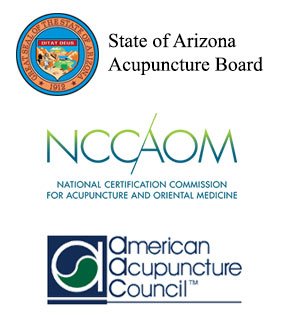
What does acupuncture treat?
Acupuncture is recognized by the National Institute of Health (NIH) and the World Health Organization (WHO) to be effective in the treatment of a wide variety of medical concerns including:
- Anxiety and depression
- Alzheimer
- Anemia and blood disorders
- Arthritis and pain management
- Asthma and respiratory disorders
- Chronic fatigue and fibromyalgia
- Common cold
- Constipation, diarrhea and IBS
- Digestive and eating disorders
- Diabetes
- Endometriosis
- Fatigue
- Muscular pain and lower back pain
- Headache
- High blood pressure
- Insomnia
- Lack of concentration or memory loss
- Liver diseases
- Menstrual, PMS and GYN disorders
- Morning sickness
- Menopausal syndrome
- Pain any kind
- Prolapse of organs
- Post-natal disorders
- Post-surgery recovery
- Osteoarthritis
- Tinnitus
- Thyroid disorders
Physiological Effects of Acupuncture
The NIH (National Institute of Healith) studies suggest that acupuncture stimulates the production of chemical transmitters between the neurons (neurotransmitters) and increases the sense of wellbeing.
Acupuncture is thought to be particularly effective in inducing the opioid peptide (endorphins, enkephalins, and dynorphins) which are closely involved with the perception of pain in the central nervous system, thereby regulating and reducing pain.
Acupuncture is thought to affect electric energy between tissues, thereby facilitating healing by allowing transfer of nutrients to injured or affected cells.
Another theory considers that acupuncture affects the blood concentration of triglycerides, cholesterol, and phospholipids, helping the production of healthy blood and ensuring the free flow of oxygen.
Despite of the numerous studies, concrete evidence on how acupuncture works by Western science remains elusive. Several theories have been claimed, and whatever the explanation, the merit and success of acupuncture can stand along.




